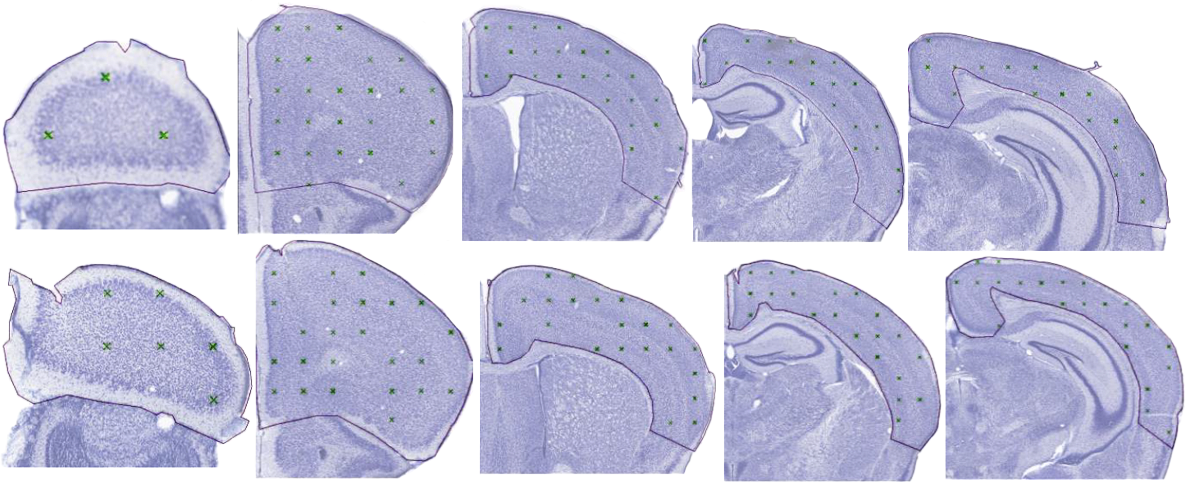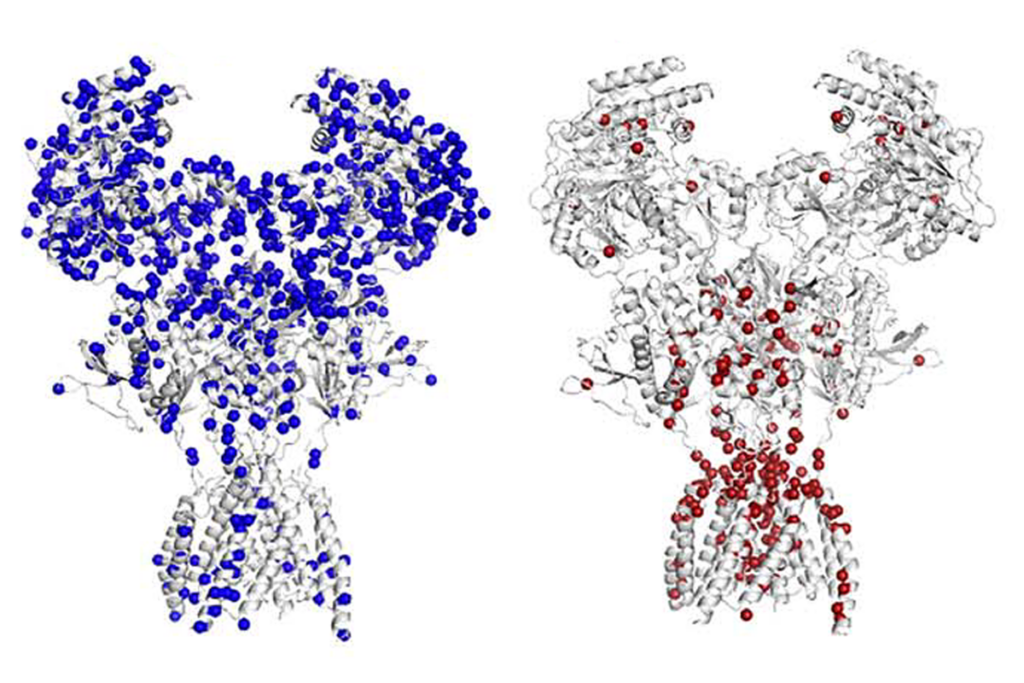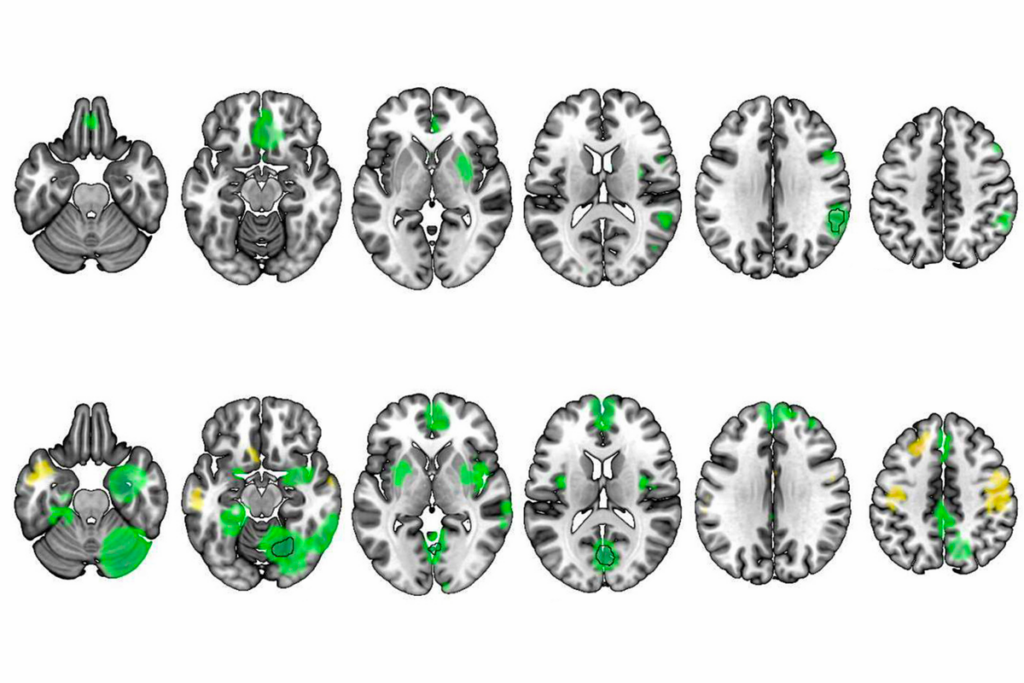Guidance counseled: Less than 26 percent of U.S. children with autism and intellectual disability on Medicaid receive genetic testing for the conditions, according to a new study. The study cohort, which included 241,060 children, tracked Medicaid claims from 2008 to 2016. The rate of genetic testing is low, considering that since 2010 the American College of Medical Genetics has recommended these tests for anyone with unexplained autism or intellectual disability. Genetics in Medicine
Missed connections: In mice, a loss-of-function variant in the autism-linked gene ADNP leads to diminished synapse signaling in the prefrontal cortex, a new study shows. Treatment with an LSD1 inhibitor could rescue this synaptic transmission, the investigators found. The Transmitter has covered similar treatments before, including GSK-LSD1, which alters social and repetitive behaviors in a mouse model of autism. Autism Research






